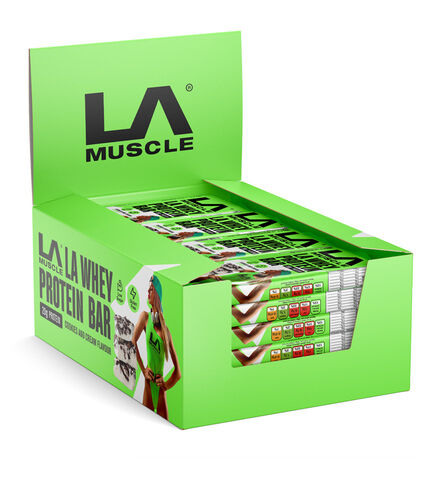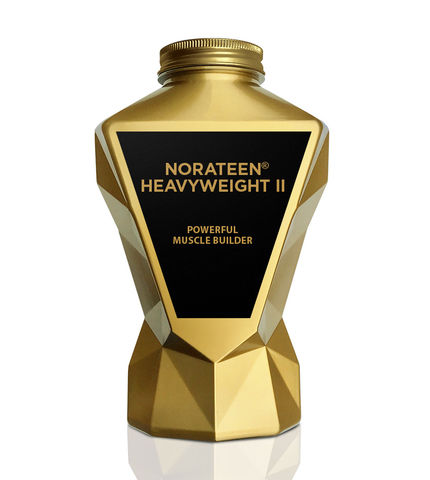Thursday, 11th March 2021
7 Most Nutrient-Dense Foods
Affordable & Effective!
By LA Muscle on 11.03.2021 10:25 am

If you’re looking to get the most bang-for-your-buck when it comes to your diet, you can’t do any better than nutrient-dense foods. You can think of nutrient dense foods and beverages as those that pack in a lot of nutrition; vitamins, minerals, antioxidants, and bioactive substances. Nutrient-dense foods tend to be whole or minimally processed foods with little to no added sugar, sodium, or refined grains.
These are superfoods that are affordable options that are also extremely convenient too. These nutrient-dense foods easy to get and easy on your wallet too.
1. Baby Spinach
This leafy green veggie is less bitter than regular spinach, which makes it more approachable and versatile, and it also happens to be one of the less expensive pre-washed leafy greens in the market. Buying pre-washed baby spinach makes it more convenient to regularly eat these greens because you can easily add a fistful to soups, smoothies, pasta dishes, and sandwiches and wraps. And just a fistful could have a significant impact on your health.
One study found that eating just a cup of raw or a half cup of cooked leafy greens like baby spinach per day may preserve memory and thinking skills as you age. The study tracked more than 900 older adults over 10 years and found that compared to those who didn’t regularly consume leafy greens, those who ate this amount had the memory and cognitive ability of someone 11 years younger. Nutrients like vitamin K, folate, lutein, and beta carotene, which are rich in baby spinach as well as other leafy greens, may offer neuroprotection.
2. Plain Greek Yoghurt
Plain Greek yogurt is an affordable and versatile way to get one of the three servings of dairy (or their equivalents) needed each day. “More than 80% of people aren’t meeting their dairy needs, which may be why calcium and potassium, which are prevalent in dairy foods, are two of the nutrients most people fall short on. Plain Greek yogurt can help fill the dairy gap. One cup provides 270mg of calcium, 345mg of potassium, and 27mg of magnesium, on top of 25g of protein.
3. Canned Chickpeas
Adding more chickpeas to your diet can boost your nutrient intake and protect your health. People who eat chickpeas or hummus have been found to have diets with higher levels of fibre, vitamin A, vitamin E, vitamin C, folate, magnesium, potassium, and iron compared to those who don’t eat these foods. Chickpea eaters were also less likely to be obese, possibly because chickpeas supply a filling combo of protein and fibre, which may reduce the likelihood of overeating. A cup provides 15g of protein and 13g of fibre.
4. Eggs
Few foods are as inexpensive and nutritious as a carton of eggs. A large egg has 6g of protein plus vitamin D, selenium, zinc, iodine, folate and other B vitamins, vitamin A, and choline. Most of the nutrients are found in the yolk, and while there has been some concern around eating the yolk, most healthy people can safely them without worry. Eggs are packed with nutrients and are healthy on their own, but they also pair well with other nutrient-dense foods, like veggies and whole grains.
5. Oats
Organic whole oats are an affordable way to get a spectrum of vitamins and minerals, like iron, magnesium, zinc, selenium, and B vitamins. They’re also rich in fibre, and they contain 5g of plant-based protein. One type of fibre predominant in oats is beta-glucan, which helps promote a healthy and diverse microbiome and protects against other diseases. Additionally, oats contain polyphenol antioxidants; compounds that counter free radical damage that can destabilize cells and promote conditions like heart disease and stroke.
6. Blueberries
Frozen fruits and veggies are always a good choice since they’re just as nutritious as fresh produce and are usually a more budget-friendly option. Plus, people who consume frozen fruits and veggies eat more produce than people who stay away from frozen produce.
One study found that people who eat frozen fruits and veggies had more nutritious diets with higher amounts of fibre, potassium, calcium, and vitamin D, compared to people who didn’t stock their freezer with these foods. Frozen blueberries are great because although blueberry season is very short, frozen blueberries are always available for a reasonable price. Blueberries stand out for being rich in polyphenol antioxidants called anthocyanins. Studies link regular blueberry consumption to a lower risk of heart disease and diabetes, and less cognitive decline over time.
7. Walnuts
Walnuts have more ALA, the plant-based omega-3 fatty acid, than any other nut. An ounce of walnuts is an excellent source of this anti-inflammatory fat. This serving also supplies 4g of protein, 2 grams of fibre, and a good source of magnesium, a nutrient that’s involved in maintaining healthy blood pressure and blood sugar levels. Because they pack so much nutrition in every bite, a study found that eating them daily for six months significantly improved diet quality and led to healthier LDL cholesterol.




























